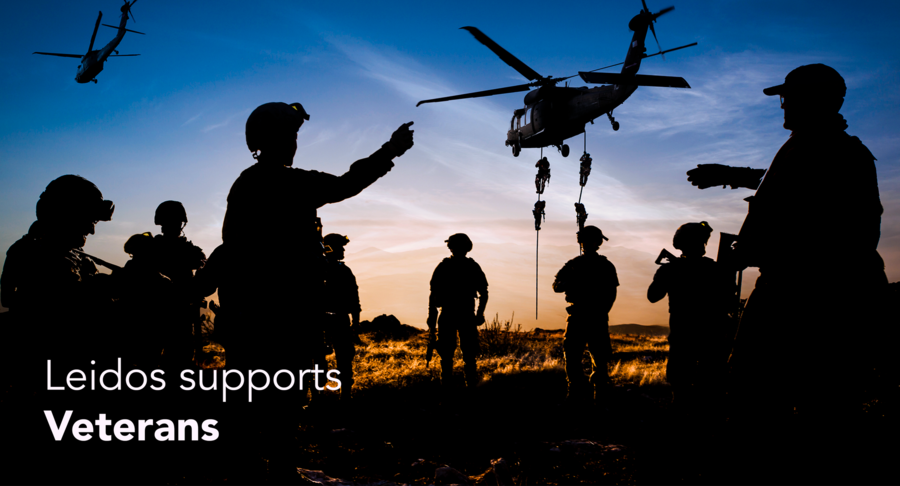For Leidos' Kimberley Gittins the key to building diverse teams is good leadership
For as long as she can remember, Leidos service delivery manager Kimberley Gittins knew she wanted to join the military. Having been an army cadet since she was just thirteen years old, Gittins then signed up for the army at the age of seventeen and never looked back.
“I loved sports as a teenager and I was looking for somewhere that I could feel part of a team," she says. “Joining the army met all my expectations and more. I got the chance to travel to places you wouldn't normally visit, it allowed me to gain my engineering degree, and it generally presented me with a lot of opportunities that I probably wouldn't have had access to if I'd taken the usual educational route."
Through her 23 years working as a communications systems engineer and team leader, Gittins saw how much the military changed over the past two decades – particularly in terms of the diversity of its recruits.
“When I joined, there wasn't as much diversity in the army at all, and it was predominantly white men," says Gittins, who was one of only two women in her squadron and the only mixed-race woman. “Back in 1998, it was actually against Military regulations to serve if you were gay or became pregnant. But that's changed. We see a lot more female soldiers and soldiers with different ethnic backgrounds now, and I think the military really has come a long way in that regard."
While Gittins believes that being a woman in the particularly male-dominated area of engineering meant she always pushed herself a bit further, she never felt that being in the minority held her back. Yet she came to realise that her experience of being respected and supported was not a universal one.
“The people I worked for were great, but I did see other people suffering, and it always came down to who was in charge," she says. “The military is very hierarchical so if the person at the top has a negative attitude that filters down to everyone beneath them. I'm very lucky that I never had to experience that."
That awareness of how one individual can affect the dynamics of an entire team has deeply shaped Gittins own approach as a leader: for instance, when she found herself in charge of an engineering team responsible for maintaining crucial electronic countermeasures equipment in Iraq that protected soldiers from improvised explosive devices.

A lot of the time people are focused on the people above them because they're concerned about how they can get promoted. I've made it my mission to look after the people below, to make sure that they've got what they need that they feel supported and that they have a voice. I think that's particularly important in an engineering world where people can end up so focused on the technology that they can forget about the people around them.
Kim Gittins
Service Delivery Manager
Now in her role managing the support team for Leidos' communication systems services, Gittins is glad that her team members feel comfortable talking to her about things they're struggling with, both professionally and personally. But, as she describes, creating that atmosphere within her own team is only possible because of the wider support she gets from the organisation as a whole.
“There's a lot of openness to flexible working, and as a working mother, it's very important to me to have that understanding," she says. “What it comes down to is that Leidos is a very team-driven organisation. People here listen to what you need, and everyone gets behind you to help you grow and to push you on to further opportunities."
Flexibility is a core element of Leidos’ employee value proposition – the company has been empowering people to work flexibly for years.
For more information on our Operation Military Veteran Programme visit: www.leidos.com/operation-mvp





